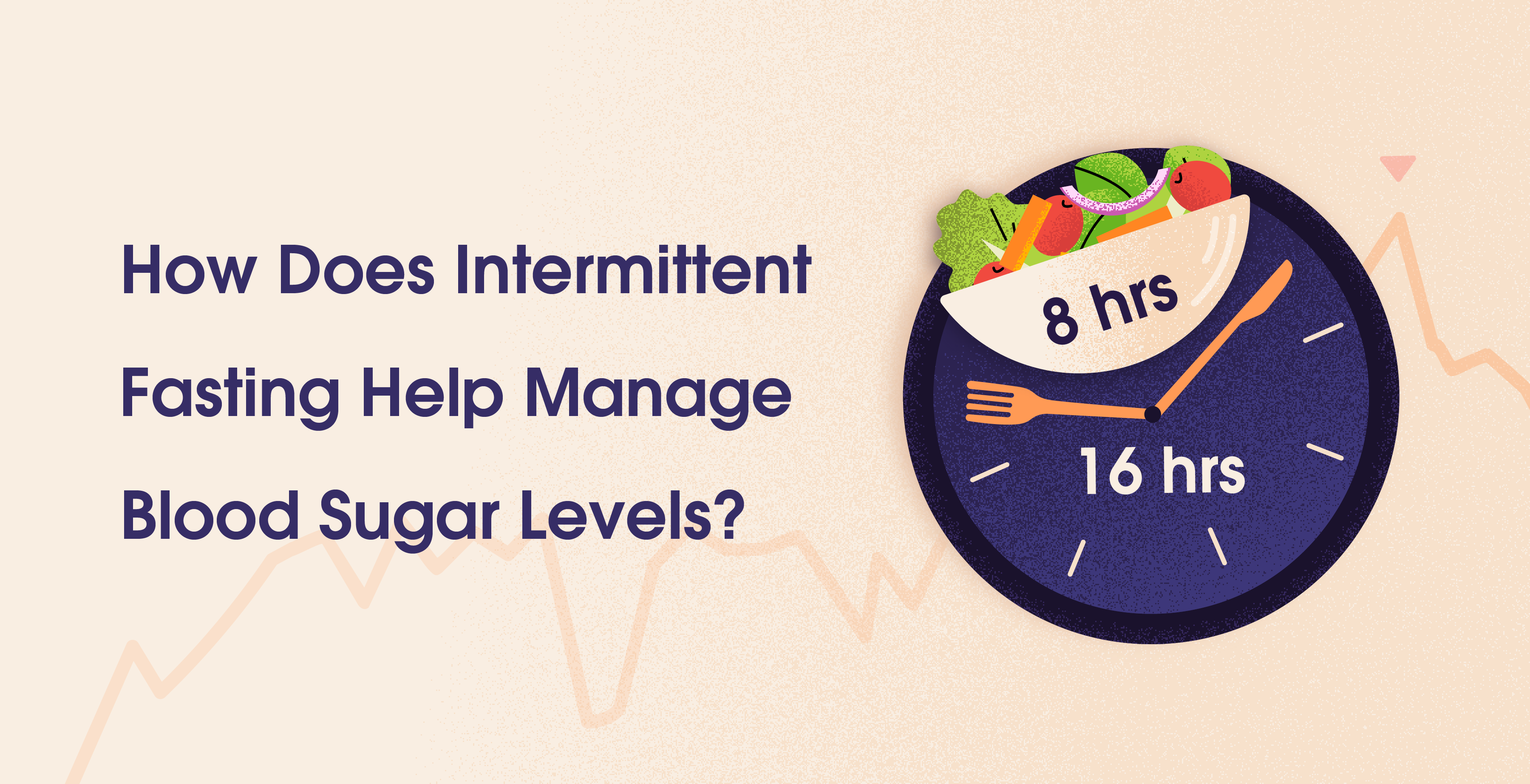Is Poor Sleep a Warning Sign for Prediabetes?
Feb 12, 2025
Aparna Hurtis
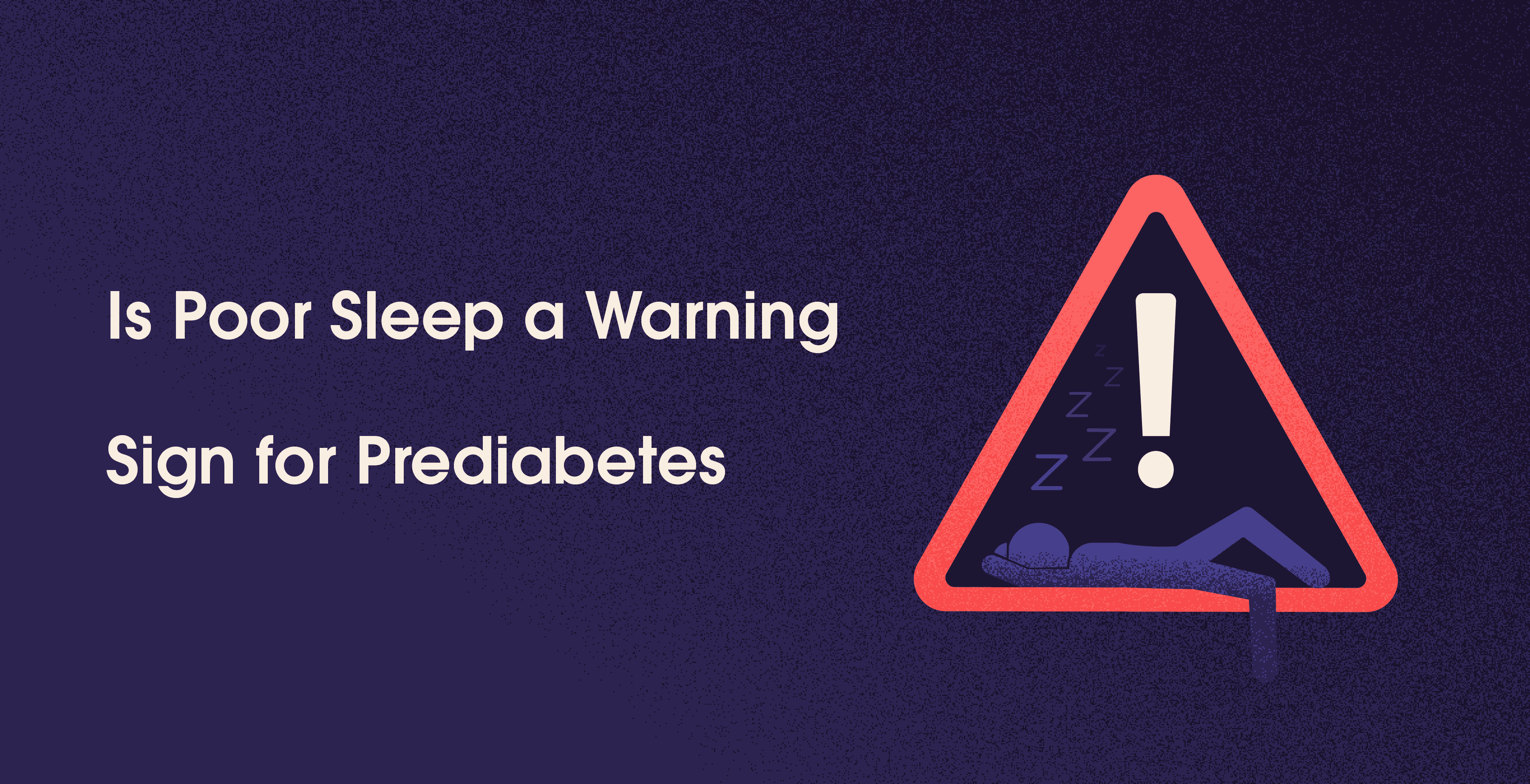


Table Of Contents
Do you know that groggy, half-alive feeling after a night of tossing and turning? That bleary-eyed, caffeine-dependent version of yourself that just can’t seem to function? Yeah, we’ve all been there. But what if that restless sleep wasn’t just making your mornings miserable? What if it was a red flag waving at something much bigger—like prediabetes?
Sleep and blood sugar might seem like distant cousins at best, but they’re more like co-conspirators in your overall health. And if you’re skimping on quality shut-eye, your body might be quietly nudging you toward blood sugar problems without you even realizing it. Let’s connect the dots.
Highlights
Poor sleep disrupts insulin sensitivity, leading to higher blood sugar levels.
Hormonal imbalances from sleep deprivation can trigger sugar cravings and energy crashes.
Chronic sleep deprivation increases the risk of developing insulin resistance.
Signs of sleep-related blood sugar issues include fatigue, cravings, mood swings, and weight gain.
Inconsistent sleep patterns may push the body toward prediabetes over time.
A structured sleep routine can improve blood sugar regulation and metabolic health.
Simple changes like reducing screen time, avoiding late-night snacks, and maintaining a consistent bedtime can enhance sleep quality.
Prioritizing sleep can help prevent prediabetes and improve overall well-being.
Why Sleep and Blood Sugar Are Secretly Besties
Sleep isn’t just for recharging your energy levels—it’s a full-on maintenance shift for your body. When you sleep, your hormones get busy regulating all sorts of crucial functions, including how your body handles glucose (aka blood sugar). When you shortchange yourself on sleep, your body starts acting up, kind of like a toddler who missed naptime.
Here’s where things get interesting:
Poor sleep messes with insulin sensitivity, meaning your cells don’t respond to insulin as well as they should. The result? Your blood sugar stays higher than it should.
It throws off hormones like cortisol, which can push blood sugar levels up like an unwanted morning alarm.
Lack of sleep makes you crave all the wrong things—hello, late-night carb-fest! More cravings mean more sugar spikes, which isn’t doing your metabolism any favors.
Telltale Signs Your Sleep Is Setting You Up for Prediabetes
So, how do you know if your sleep struggles are putting you on the prediabetes track? Here’s what to watch out for:
Waking up exhausted, even after a full night’s rest – If you’re clocking in eight hours but still feeling like a zombie, your sleep quality might be tanking.
Craving sugar and carbs like your life depends on it – Your body compensates for poor sleep by demanding quick energy sources, which often means sugary, processed junk.
Feeling weirdly anxious or irritable – Blood sugar swings and sleep deprivation both mess with your mood in sneaky ways.
Midday crashes that hit like a freight train – If your energy suddenly plummets in the afternoon, your blood sugar regulation might be off.
Gaining weight (especially around the belly) – Poor sleep can slow down metabolism and increase fat storage, particularly in the abdominal area.
How Poor Sleep Can Push You Toward Prediabetes
The road from sleep deprivation to prediabetes isn’t exactly a straight shot, but it’s not a scenic detour either. When you consistently don’t get enough sleep, your body starts developing a condition called insulin resistance—a key player in prediabetes. That means your cells stop absorbing glucose efficiently, leaving excess sugar floating around in your bloodstream.
At first, your pancreas tries to compensate by pumping out more insulin. But over time, it gets exhausted (kind of like you after five nights of bad sleep), and your blood sugar levels creep up into dangerous territory. Boom—prediabetes knocks on your door.
Fix Your Sleep, Protect Your Blood Sugar
The good news? Your sleep habits aren’t set in stone, and neither is your risk of prediabetes. A few simple tweaks can make a world of difference:
Stick to a regular sleep schedule. Yes, even on weekends. Your body loves routine.
Create a wind-down ritual. No screens, no stress—just a calming bedtime routine to tell your brain it’s time to power down.
Cut back on late-night snacks. That midnight ice cream binge? It’s not doing your blood sugar any favors.
Get some sunlight in the morning. It helps regulate your circadian rhythm, making it easier to fall asleep at night.
Watch out for caffeine overload. That afternoon coffee might be the reason you’re staring at the ceiling at 2 AM.
Final Thoughts: Is It Time to Take Your Sleep Seriously?
If you’ve been treating sleep like an optional luxury rather than a necessity, consider this your wake-up call—literally. Poor sleep doesn’t just make you feel awful in the short term; it can quietly set the stage for something as serious as prediabetes. The good news? You have the power to turn things around.
So, next time you’re tempted to sacrifice sleep for one more episode, one more scroll, or one more project, ask yourself—is it really worth it? Your future self (and your blood sugar) will thank you.
References
Do you know that groggy, half-alive feeling after a night of tossing and turning? That bleary-eyed, caffeine-dependent version of yourself that just can’t seem to function? Yeah, we’ve all been there. But what if that restless sleep wasn’t just making your mornings miserable? What if it was a red flag waving at something much bigger—like prediabetes?
Sleep and blood sugar might seem like distant cousins at best, but they’re more like co-conspirators in your overall health. And if you’re skimping on quality shut-eye, your body might be quietly nudging you toward blood sugar problems without you even realizing it. Let’s connect the dots.
Highlights
Poor sleep disrupts insulin sensitivity, leading to higher blood sugar levels.
Hormonal imbalances from sleep deprivation can trigger sugar cravings and energy crashes.
Chronic sleep deprivation increases the risk of developing insulin resistance.
Signs of sleep-related blood sugar issues include fatigue, cravings, mood swings, and weight gain.
Inconsistent sleep patterns may push the body toward prediabetes over time.
A structured sleep routine can improve blood sugar regulation and metabolic health.
Simple changes like reducing screen time, avoiding late-night snacks, and maintaining a consistent bedtime can enhance sleep quality.
Prioritizing sleep can help prevent prediabetes and improve overall well-being.
Why Sleep and Blood Sugar Are Secretly Besties
Sleep isn’t just for recharging your energy levels—it’s a full-on maintenance shift for your body. When you sleep, your hormones get busy regulating all sorts of crucial functions, including how your body handles glucose (aka blood sugar). When you shortchange yourself on sleep, your body starts acting up, kind of like a toddler who missed naptime.
Here’s where things get interesting:
Poor sleep messes with insulin sensitivity, meaning your cells don’t respond to insulin as well as they should. The result? Your blood sugar stays higher than it should.
It throws off hormones like cortisol, which can push blood sugar levels up like an unwanted morning alarm.
Lack of sleep makes you crave all the wrong things—hello, late-night carb-fest! More cravings mean more sugar spikes, which isn’t doing your metabolism any favors.
Telltale Signs Your Sleep Is Setting You Up for Prediabetes
So, how do you know if your sleep struggles are putting you on the prediabetes track? Here’s what to watch out for:
Waking up exhausted, even after a full night’s rest – If you’re clocking in eight hours but still feeling like a zombie, your sleep quality might be tanking.
Craving sugar and carbs like your life depends on it – Your body compensates for poor sleep by demanding quick energy sources, which often means sugary, processed junk.
Feeling weirdly anxious or irritable – Blood sugar swings and sleep deprivation both mess with your mood in sneaky ways.
Midday crashes that hit like a freight train – If your energy suddenly plummets in the afternoon, your blood sugar regulation might be off.
Gaining weight (especially around the belly) – Poor sleep can slow down metabolism and increase fat storage, particularly in the abdominal area.
How Poor Sleep Can Push You Toward Prediabetes
The road from sleep deprivation to prediabetes isn’t exactly a straight shot, but it’s not a scenic detour either. When you consistently don’t get enough sleep, your body starts developing a condition called insulin resistance—a key player in prediabetes. That means your cells stop absorbing glucose efficiently, leaving excess sugar floating around in your bloodstream.
At first, your pancreas tries to compensate by pumping out more insulin. But over time, it gets exhausted (kind of like you after five nights of bad sleep), and your blood sugar levels creep up into dangerous territory. Boom—prediabetes knocks on your door.
Fix Your Sleep, Protect Your Blood Sugar
The good news? Your sleep habits aren’t set in stone, and neither is your risk of prediabetes. A few simple tweaks can make a world of difference:
Stick to a regular sleep schedule. Yes, even on weekends. Your body loves routine.
Create a wind-down ritual. No screens, no stress—just a calming bedtime routine to tell your brain it’s time to power down.
Cut back on late-night snacks. That midnight ice cream binge? It’s not doing your blood sugar any favors.
Get some sunlight in the morning. It helps regulate your circadian rhythm, making it easier to fall asleep at night.
Watch out for caffeine overload. That afternoon coffee might be the reason you’re staring at the ceiling at 2 AM.
Final Thoughts: Is It Time to Take Your Sleep Seriously?
If you’ve been treating sleep like an optional luxury rather than a necessity, consider this your wake-up call—literally. Poor sleep doesn’t just make you feel awful in the short term; it can quietly set the stage for something as serious as prediabetes. The good news? You have the power to turn things around.
So, next time you’re tempted to sacrifice sleep for one more episode, one more scroll, or one more project, ask yourself—is it really worth it? Your future self (and your blood sugar) will thank you.
References
Table Of Contents
Table Of Contents
Table Of Contents
Read More
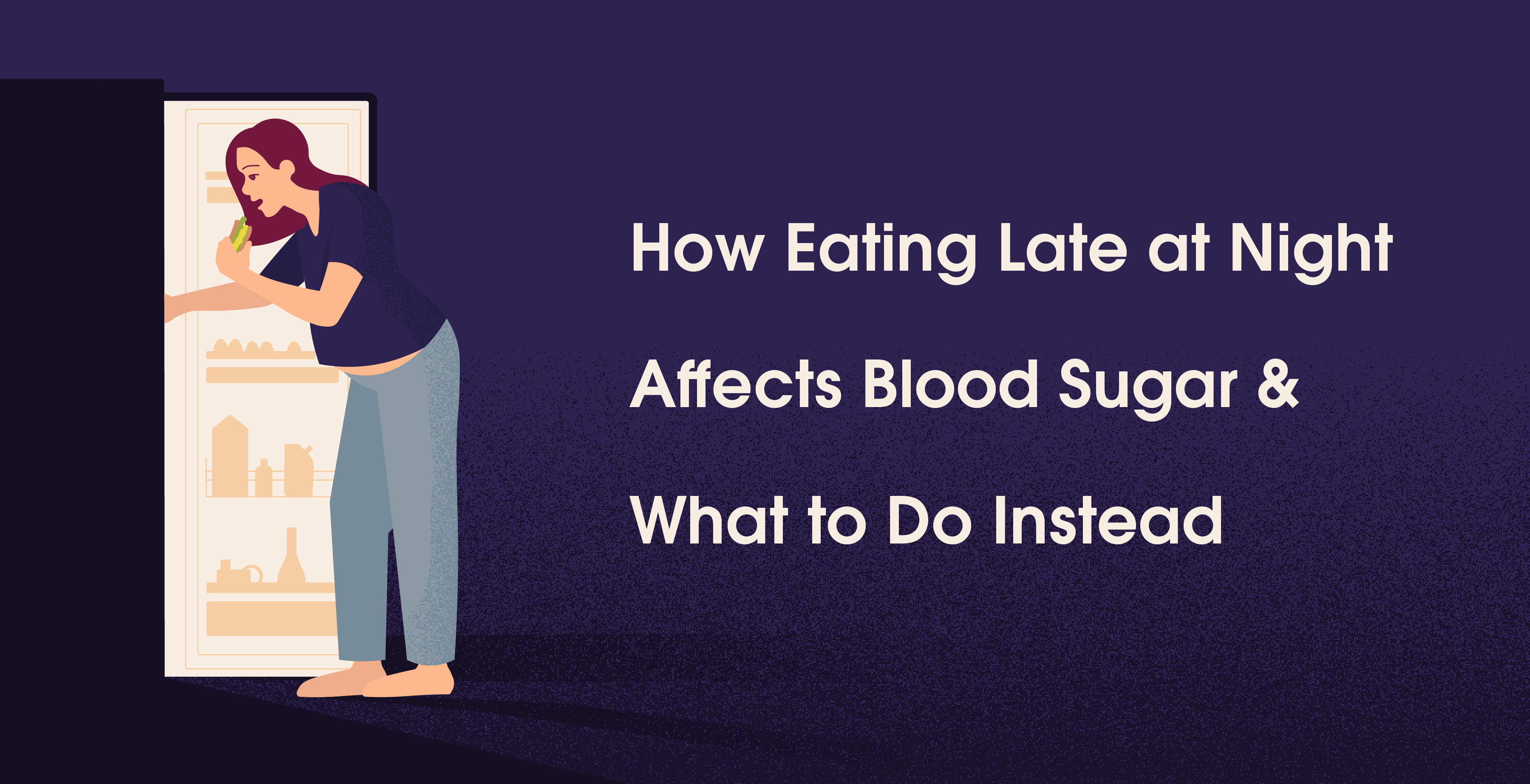

Mar 25, 2025
Sayfali Rawlani
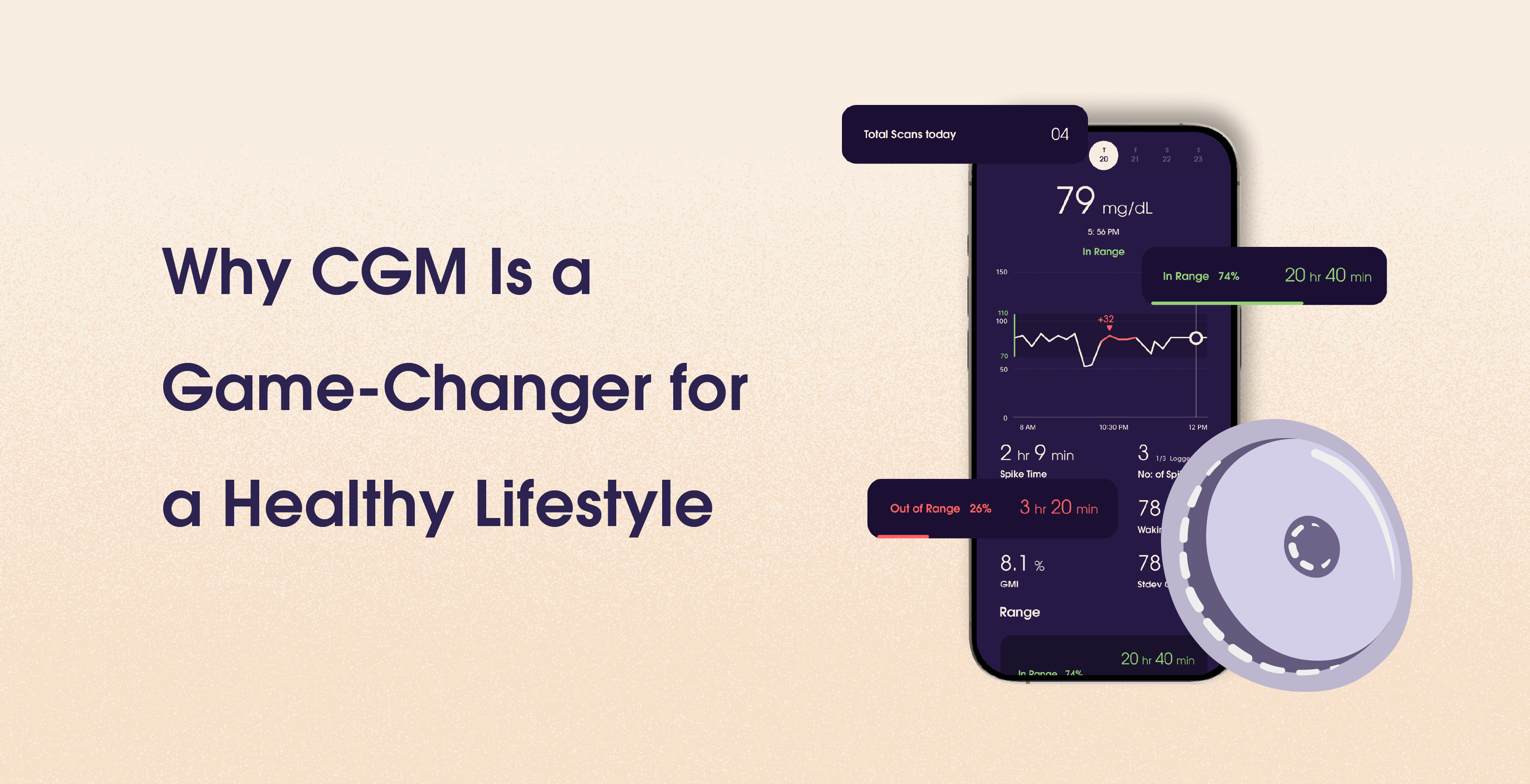

Mar 20, 2025
Sayfali Rawlani
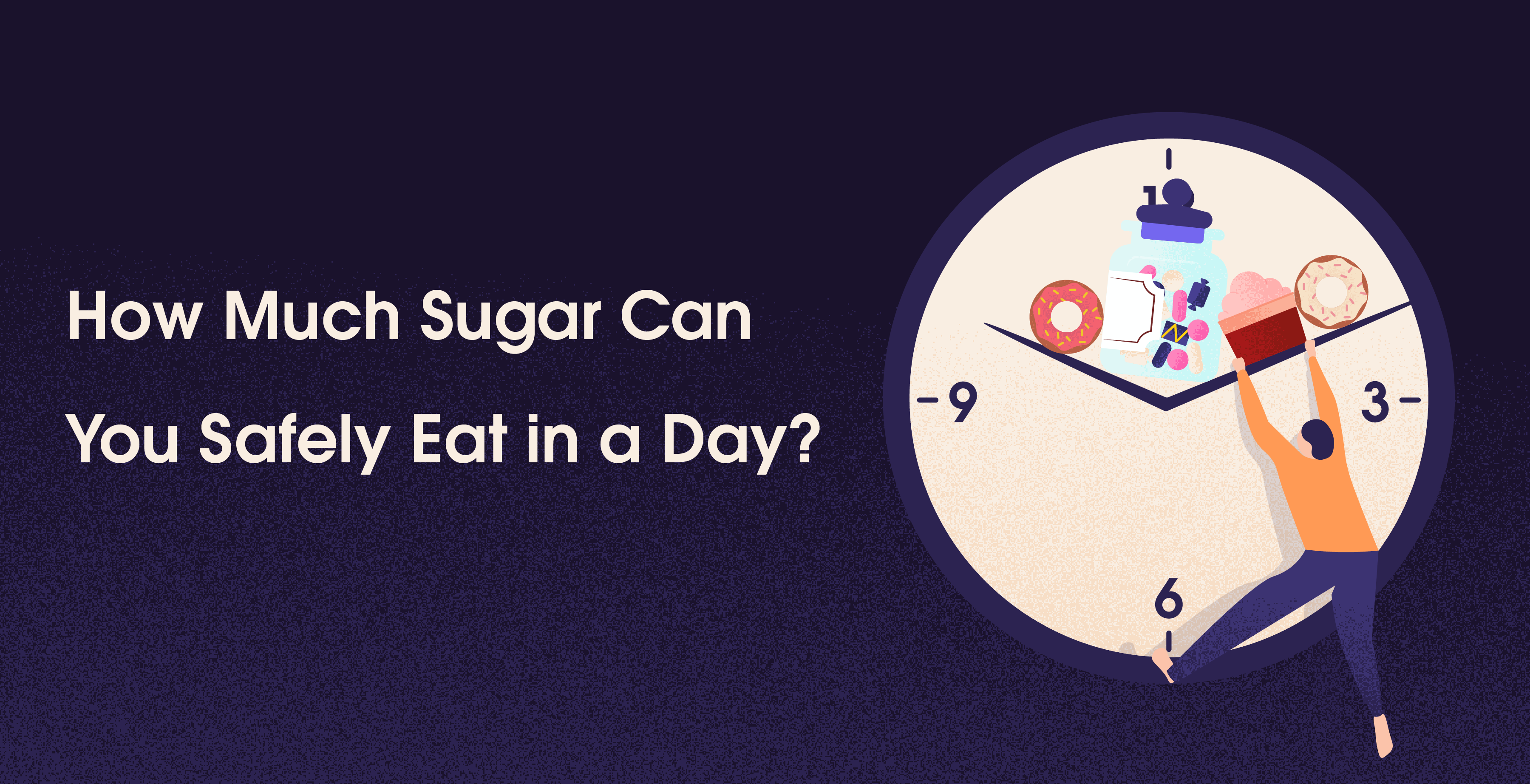

Mar 6, 2025
Sayfali Rawlani



Company
Copyright © 2025 trst health. All right reserved.

